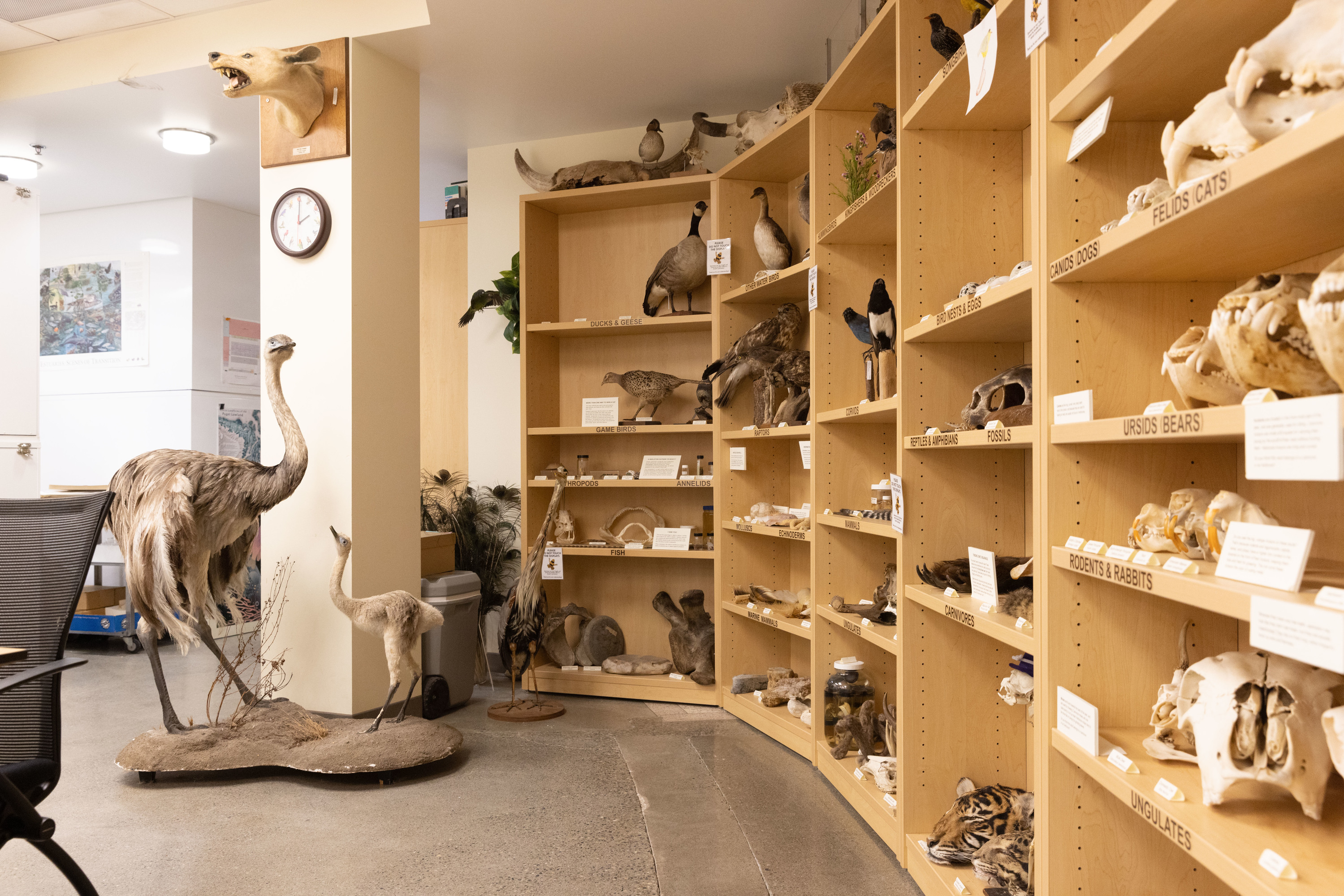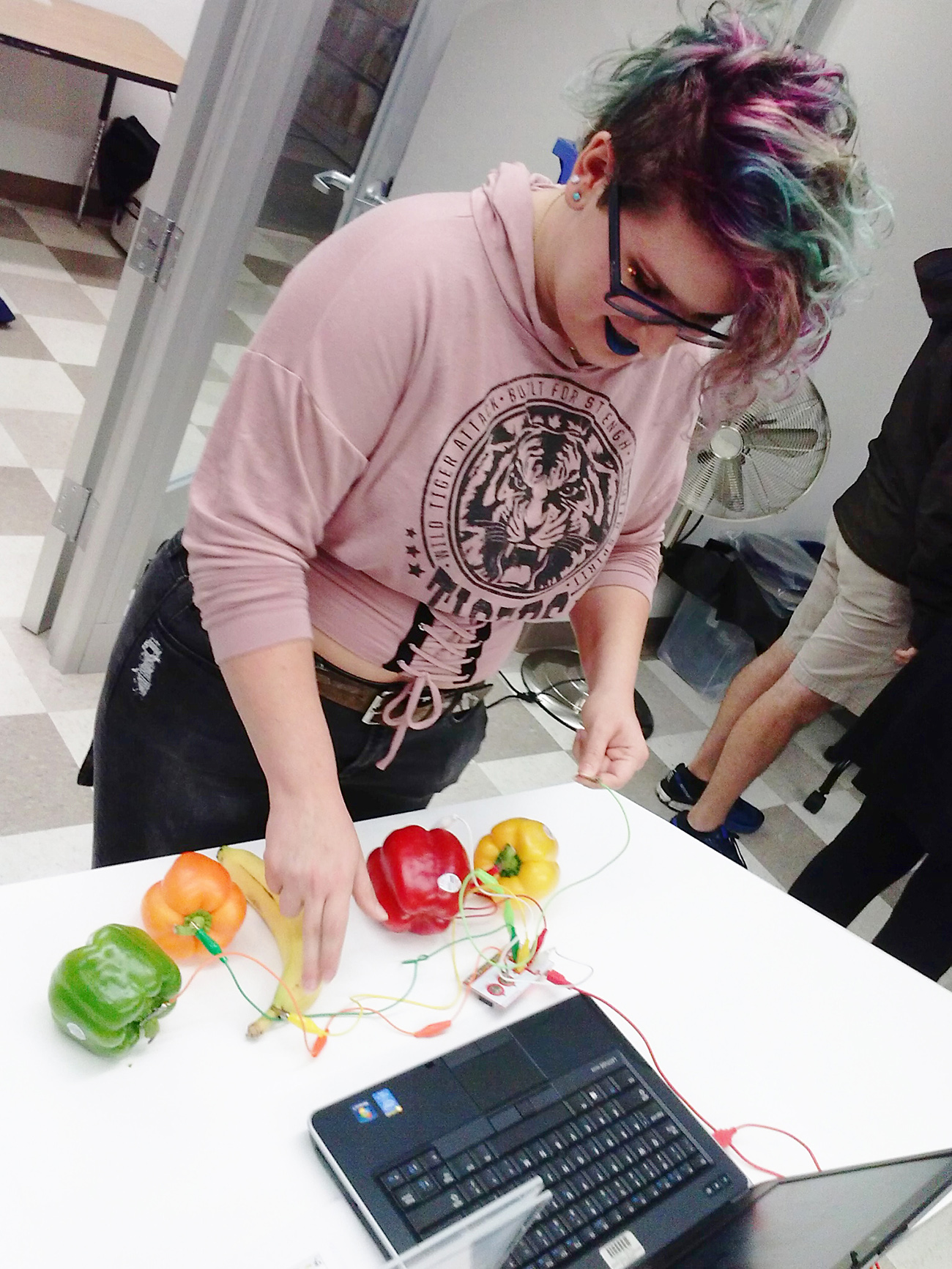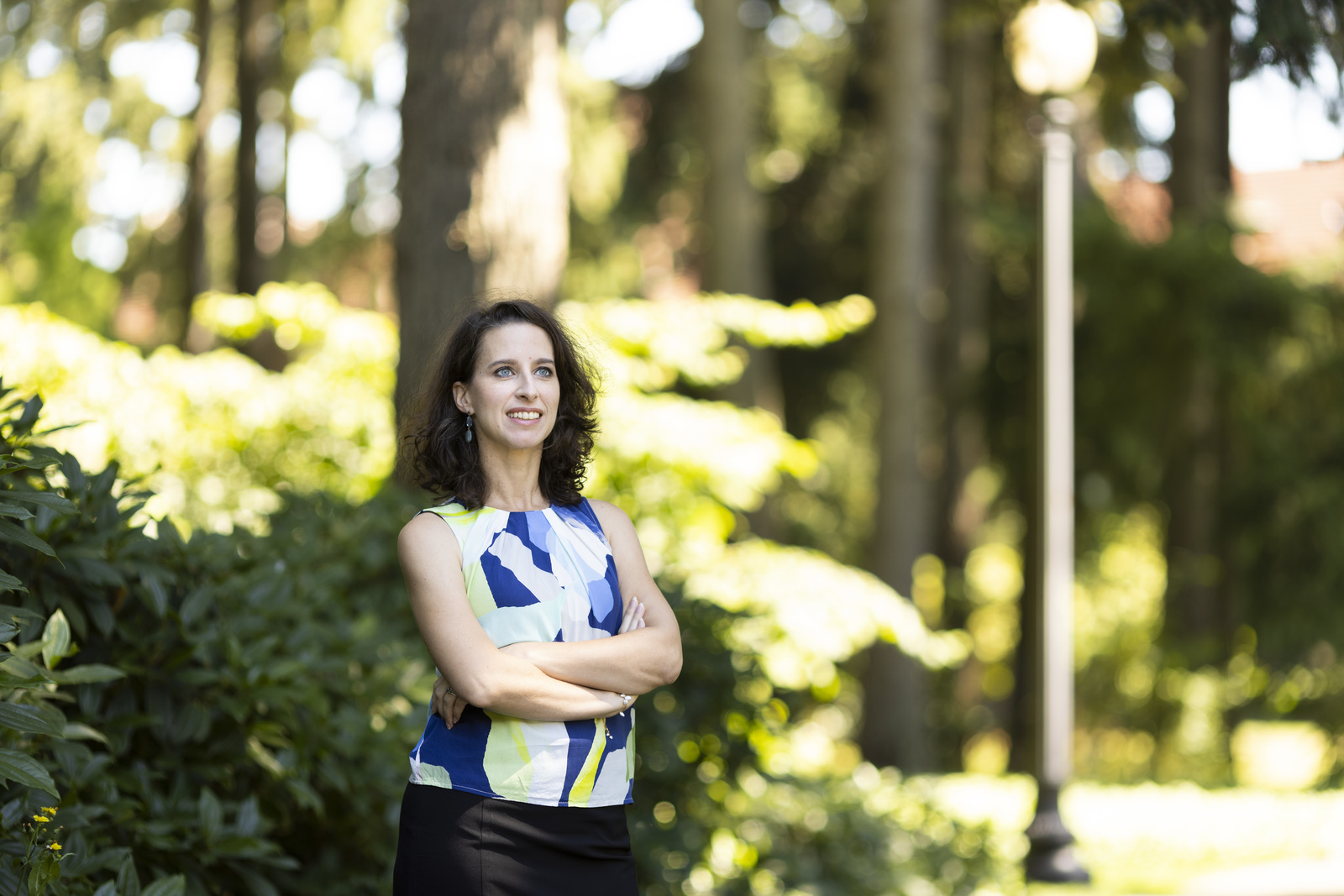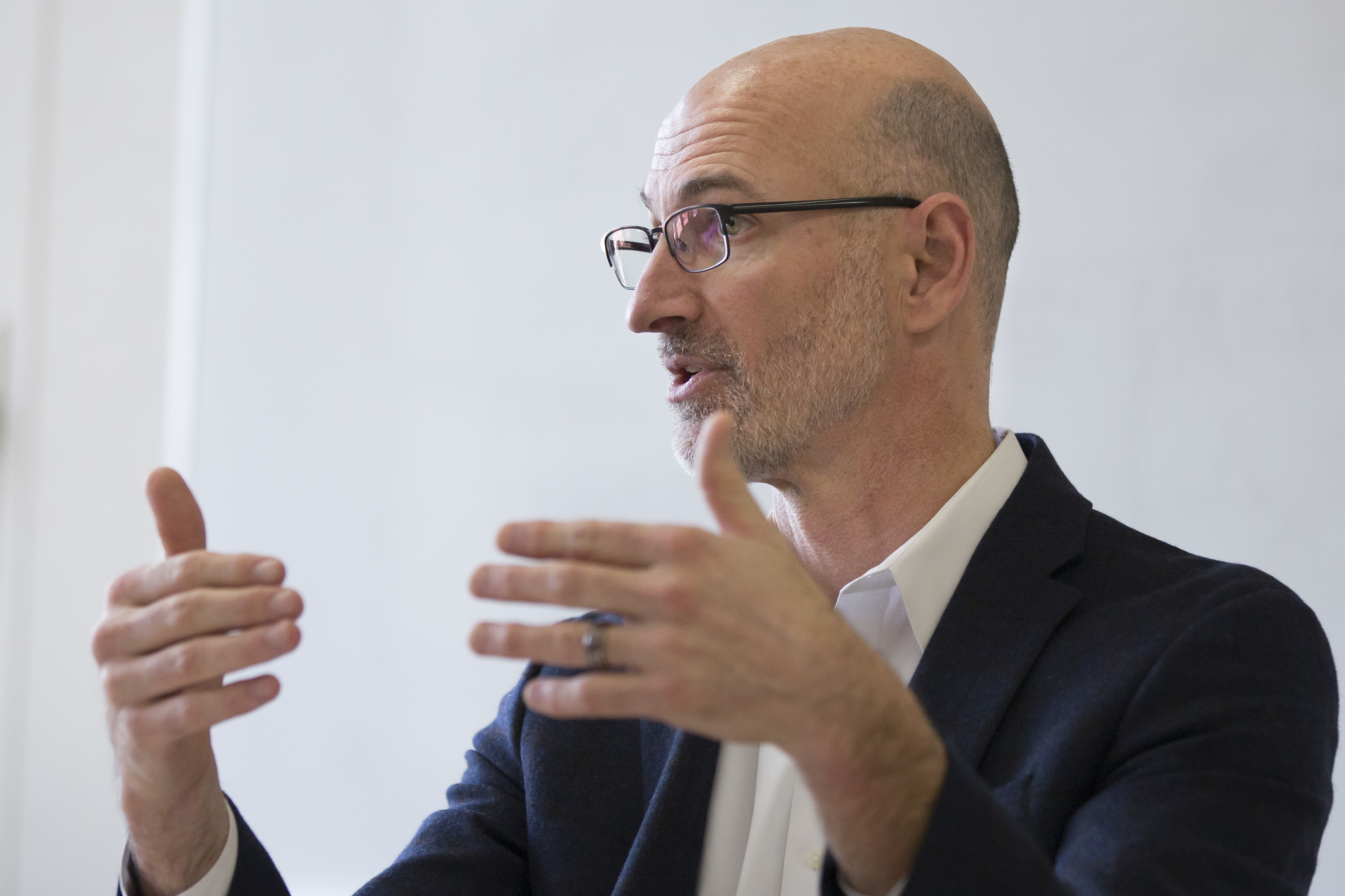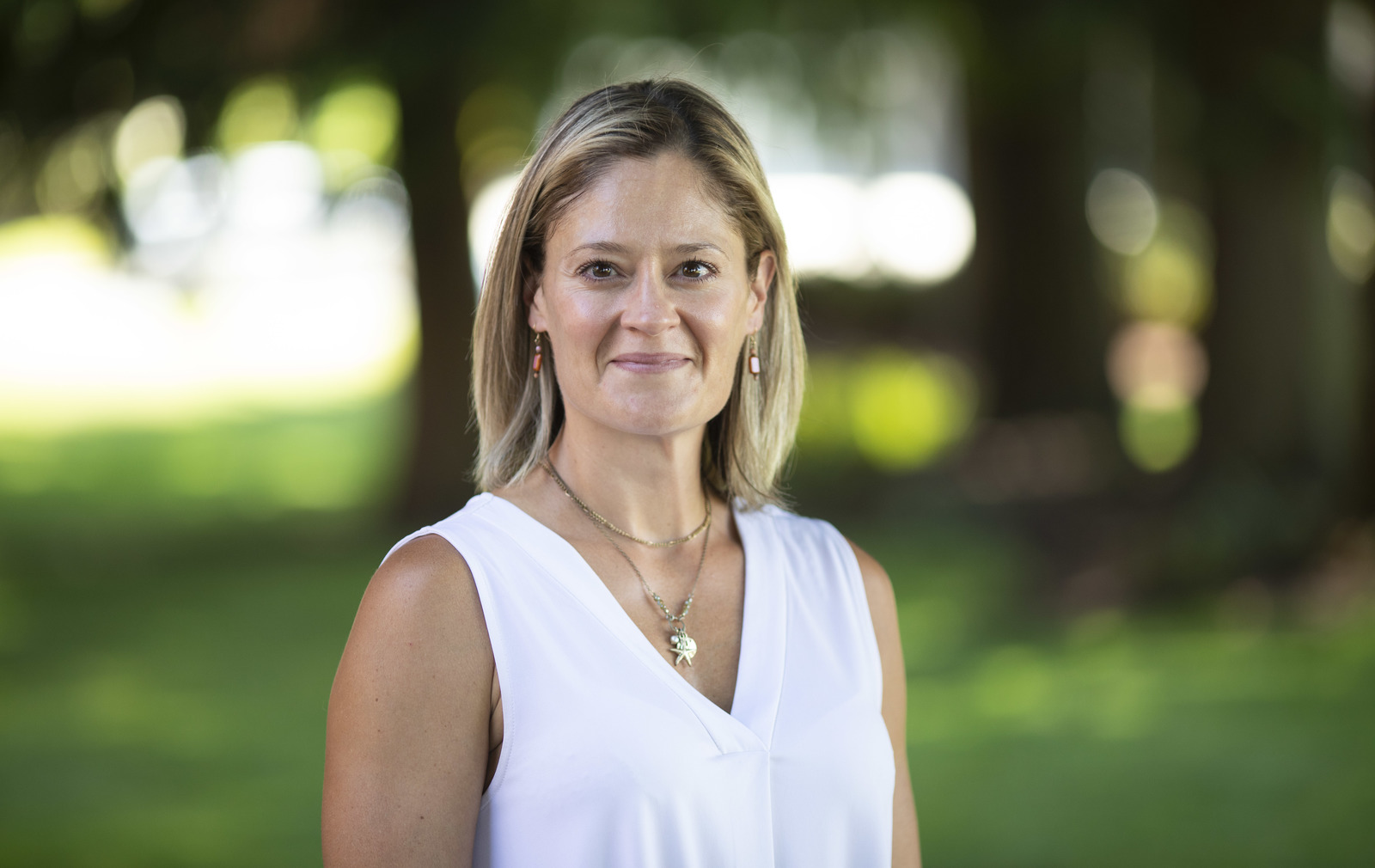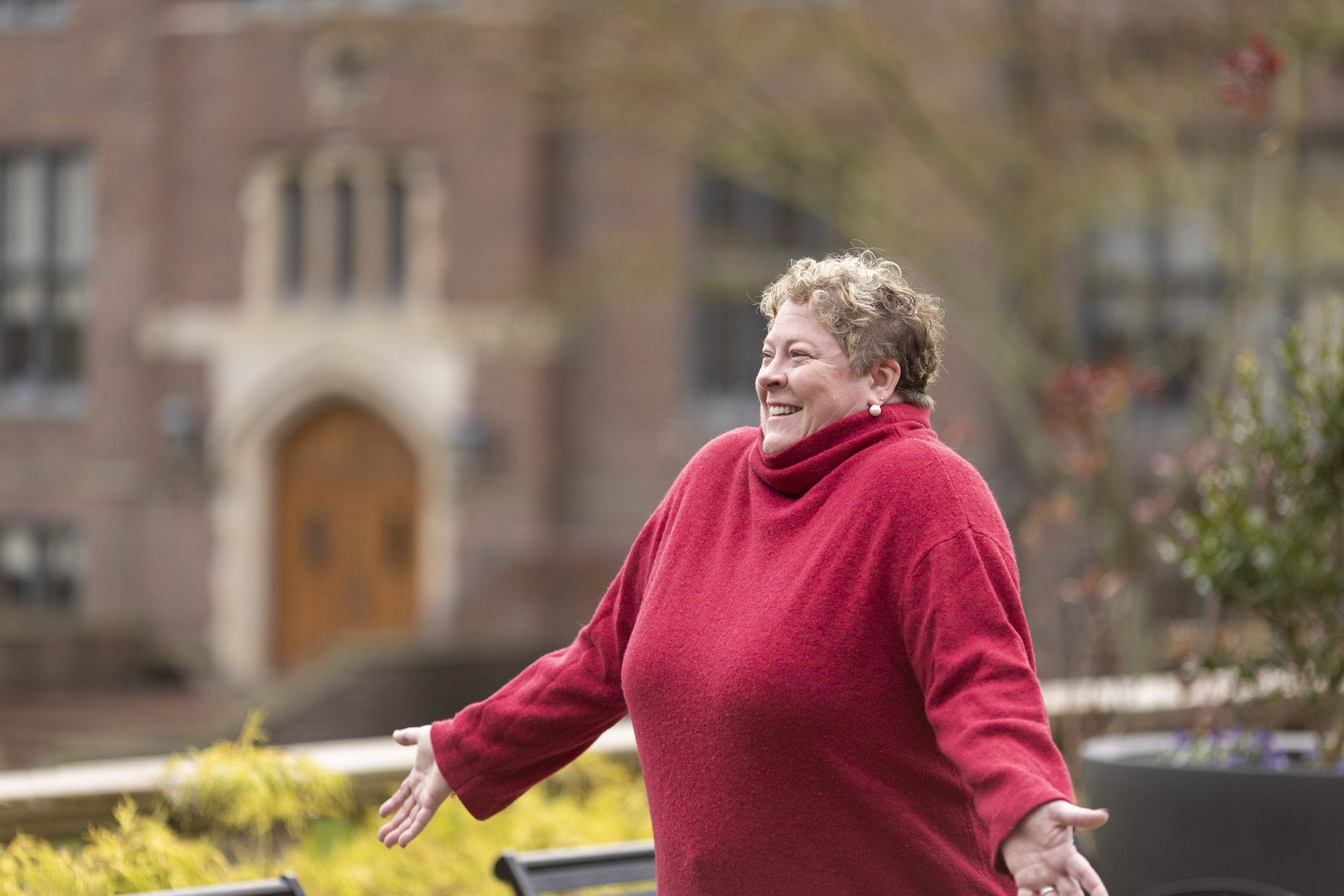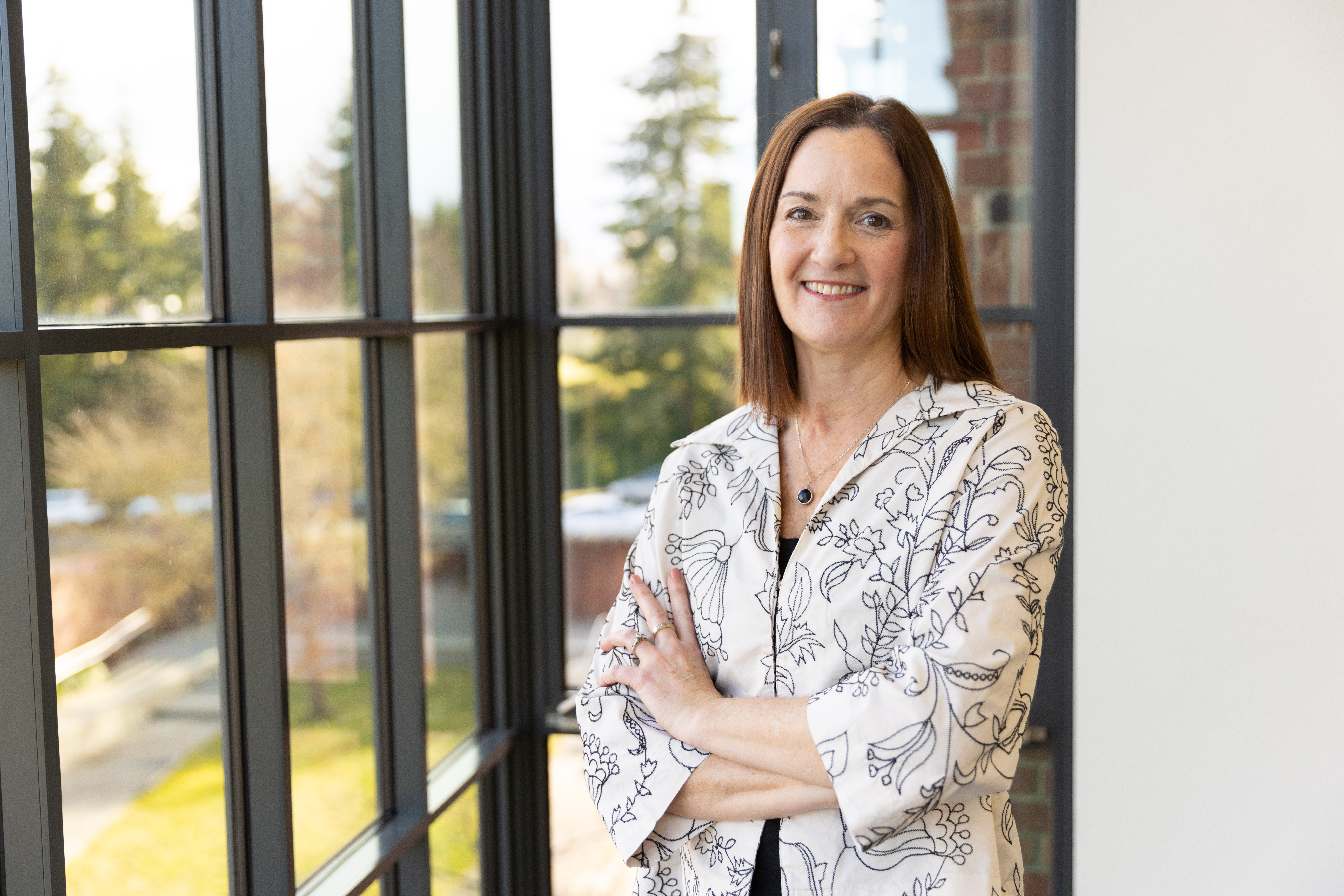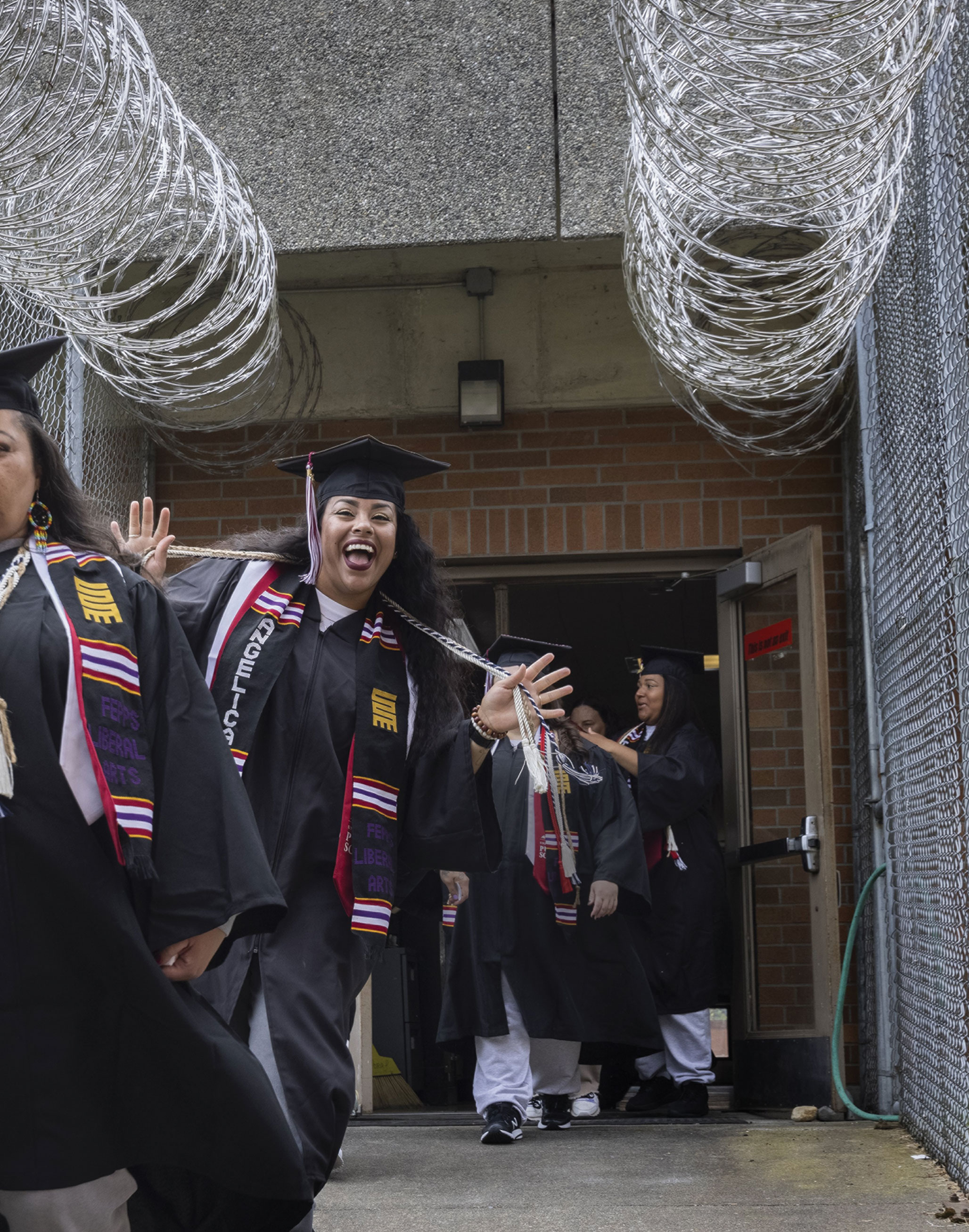Q: What first got you interested in studying tourism and development?
A: My interest grew out of my own experience. When I was a junior in college, I spent a semester studying in Australia, and after that, I traveled throughout Southeast Asia. Thailand immediately fascinated me. I was drawn to the contradictions of Thai society and trying to figure those out, and in doing so, I found a field that excited me, which is tourism and community development. I kept going back, and the more time I invested there, the harder it became to go anywhere else. That led to me studying community-based tourism companies that try to be sustainable and equitable. Beyond that, I love Thailand for all the reasons people love Thailand: the food, the attractions, and the cultural setting are all incredible.
Q: What brought you to Puget Sound?
A: This was the first job I applied to when I was finishing my Ph.D. in geography. It felt like a perfect fit. Here was an interdisciplinary position created to promote Southeast Asian studies in a part of the country where I wanted to live at a school that rewarded teaching effort. I didn’t have any liberal arts exposure before coming to Puget Sound, so the fact that the college was small and valued teaching so highly was really attractive to me—and it continues to make this a great place to work.
Q: A lot of your scholarship focuses on the environmental impact of tourism. How can we travel in ways that are sustainable?
A: Tourism is a massive industry that’s only going to continue to grow, and there are a lot of efforts to counter that or provide alternatives, which interests me. People try to find that one company or that one destination that’s going to be not so problematic, but nothing’s perfect. In my tourism course, we talk about making acceptable trade-offs. We have to accept that there is power embedded in everything we do, and there’s privilege in being able to travel. It’s an understandable and admirable instinct to want to not be a part of the problem, but you also have to be realistic. Very often, that prevents people who are conscious about the social and environmental impacts from seeing the world, and it shouldn’t. You just have to make informed, thoughtful choices.
Q: You’re about to start a three-year term as associate dean for experiential learning. How do you hope to impact the student experience in this position?
A: The way I see experiential learning, it’s connected to the classroom, but takes place outside the classroom. It goes beyond just having an experience—it has to connect back to what you’re studying. I’m excited to help build the framework for that kind of high-impact practice. This position will supervise all aspects of experiential learning, including study abroad, study away, internships, summer research, and community-based learning and research programs. I’m especially interested in expanding our international programs, because those can be so transformational. Students may discover an interest or a place that they want to be involved with for the rest of their lives. I want that kind of transformation to happen here.
Q: Obviously, you’re going to be very busy in this new role, but where are you planning to travel next?
A: I have a lot of friends and family who live in other countries whom I would love to visit. I’d like to go back to Asia, though. There are a lot of places I haven’t been able to visit, but I’ve always wanted to. Japan, China, and Vietnam are all on my list. The trick will be finding the time.

